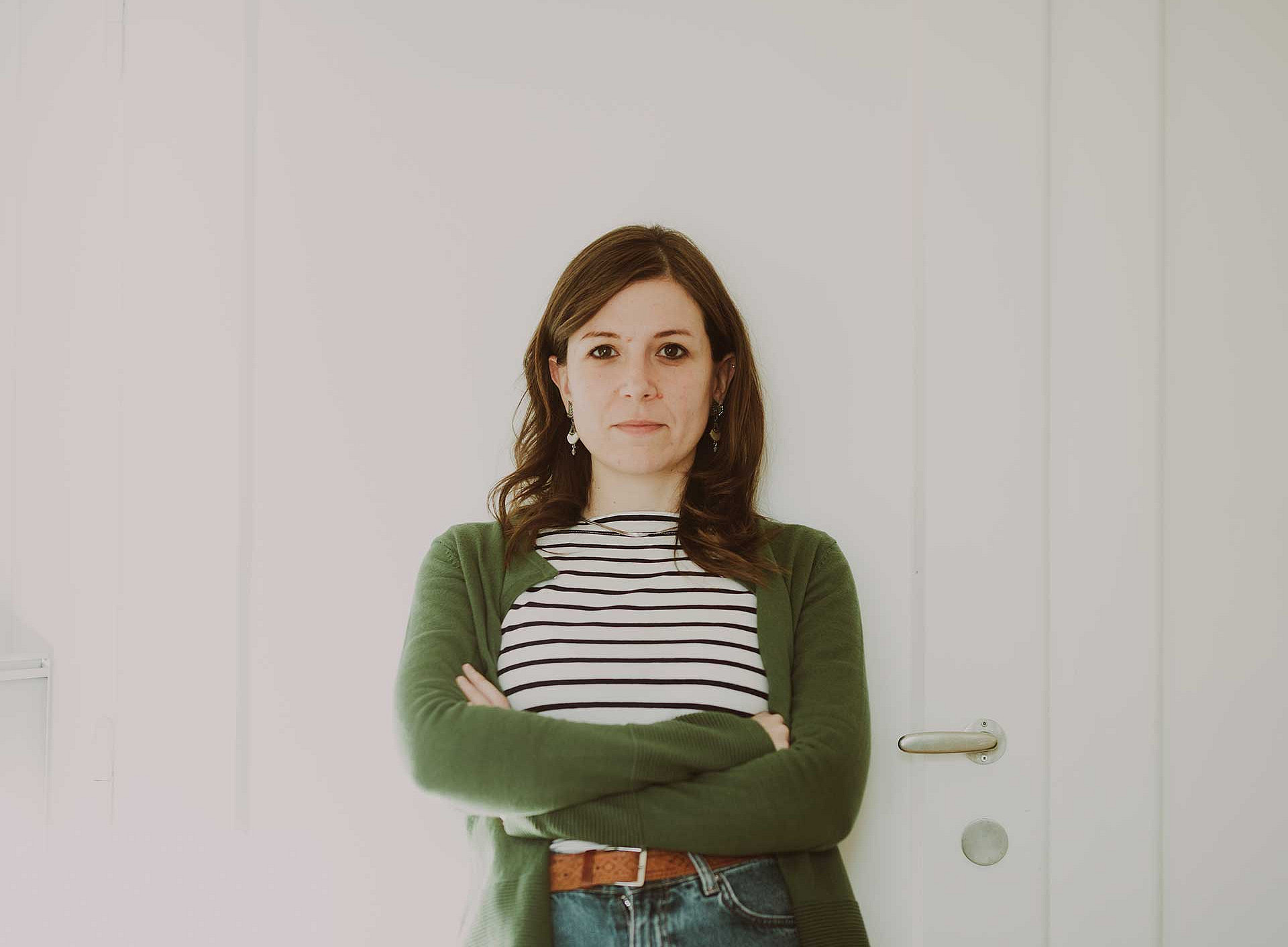In fact, the Italian court of appeal too, which was recently entrusted these decisions by governmental decree of 23 October 2024, eventually did not validate the administrative detention orders. Instead, it decided to wait for the European Court of Justice’s assessment on the “safe country of origin”. Only then National courts will be provided with clearer guidelines on the determination of which migrants may be subject to an accelerated border procedure in Europe, if any. Such a procedure, which is currently being experimented with in a few countries at the EU external borders, will be key to the functioning of the New EU's asylum and migration pact, which will enter into force in March 2026. Chiara Pagano, a researcher in the Graz University project “Elastic Borders”, is working on the development of the EU's external borders and summarises the current state of the dispute:
“That Italian judges are against Italy operating Hotspots and Repatriation centers in Albania is a very widespread yet inaccurate opinion. The Italian courts that have been so far involved in the issue do not fundamentally question the operation of the Albanian camps. What they refuse to validate is asylum seekers’ administrative detention beyond the 48 hours provided by the Italian legislation on immigration. Such a validation is instrumental to the implementation of accelerated border procedures to which migrants transferred to Albania are to be subjected. However, it is at present advocated by Italian public security authorities operating the centers in Albania according to the very much disputed criteria of the 'Safe third country of origin'. Now, referring to a decision by the European Court of Justice (ECJ), Rome ordinary court first, and the Court of Appeal more recently, have repeatedly stated that it is not possible to determine that countries such as Bangladesh or Egypt are safe and, therefore, that is not possible to detain asylum seekers originating from these countries so as to subject them to accelerated border procedures. Decisions as such have not only impacted the implementation of accelerated border procedures in Albania, but in Italy too. In fact, the ordinary courts of Catania and Palermo have also refrained from validating detention orders of migrants originating from these countries who were transferred to the hotspot of Pozzallo-Modica and Porto Empedocle, in Sicily, to be subjected to accelerated border procedures. What makes the case of asylum seekers transferred to the hotspot in Albania peculiar is that, according to the Italy-Albania protocol, once freed from administrative detention these persons cannot be legally released in Albania, as this would be tantamount to smuggling. This is why Italian authorities must immediately transfer them to Italy upon their release.
Giorgia Meloni’s government initially tried to react to the limitations arising from the ECJ ruling by drawing up a new list of safe countries of origin. However, this did not change Rome court’s decision. The executive then tried to bypass this Court by forwarding directly to the Court of Appeal all decisions on the validation of detention orders for people transferred to Albania, which also means that no further legal remedies could be applied. As we have recently seen, this attempt also revealed a failure, after the Court of Appeal suspended any decision on the detention of migrants brought to Albania until the European Court of Justice will express its advice on the determination of third safe countries of origin on February 25.
One fact is that the so-far unsuccessful experience of offshoring Italian hotspot procedures to Albania has already been extremely expensive for Italian taxpayers. Building and operating these camps will cost at least 800 million euros for five years. And yet, if they ever become operative, the Albanian camps will host a maximum of 3,000 people at a time, and a maximum of 36,000 people per year by the Government’s own admission. This is an already unrealistic number, considering the expected length of procedures and the limitation to 3,000 contemporary presences. Moreover, these modest figures contrasts with the 66,317 arrivals registered in Italy in 2024 alone – an extremely low number compared to 2023, when the number of arrivals was 58% higher, as well as to the years before.
With the so-called 'Albania model' Italy is already testing procedures that are to be implemented throughout the EU next year, as a result of the entering into force of the new pact on asylum and migration. Among other things, this provides for fast-track assessments of asylum requests at the EU's external borders, which will lead to the proliferation of administrative detention measures to the detriment of people on the move from a new EU list of supposedly safe third countries. It can be anticipated that such developments will also dramatically worsen the situation for asylum seekers in Italy.”
⇒ Learn more about the research of Chiara Pagano
